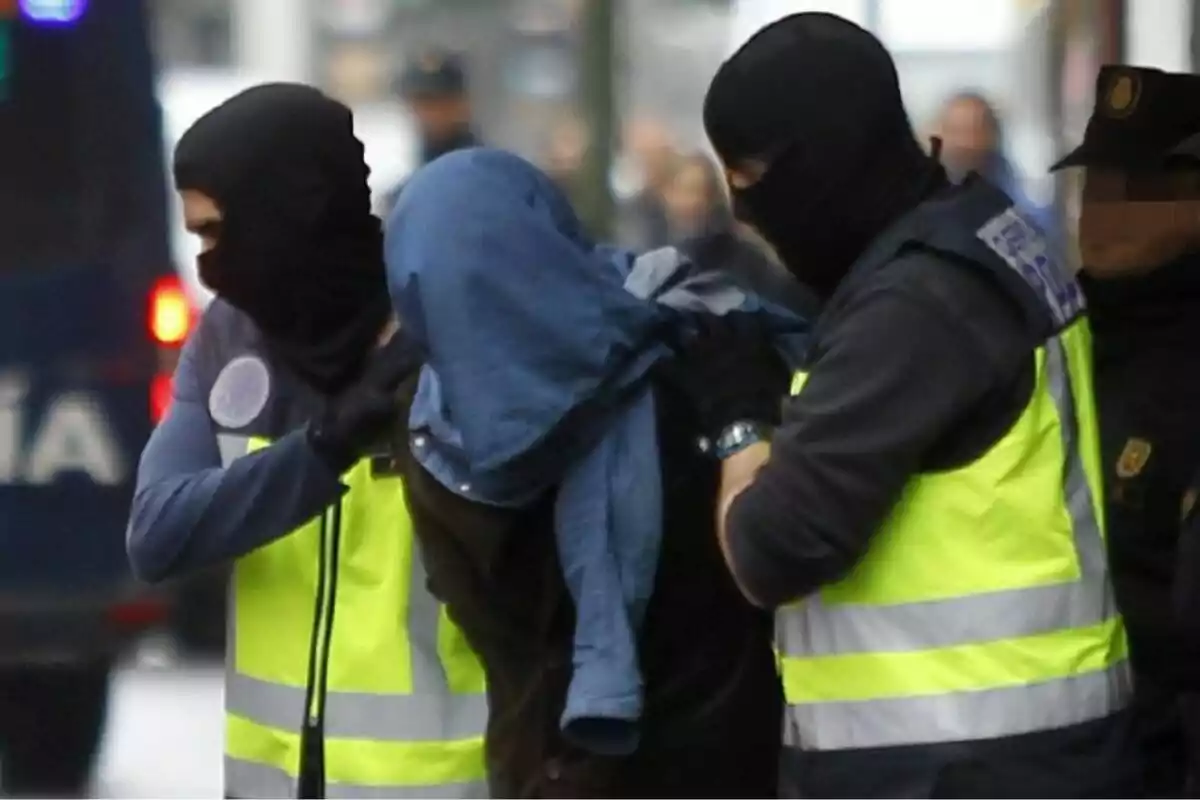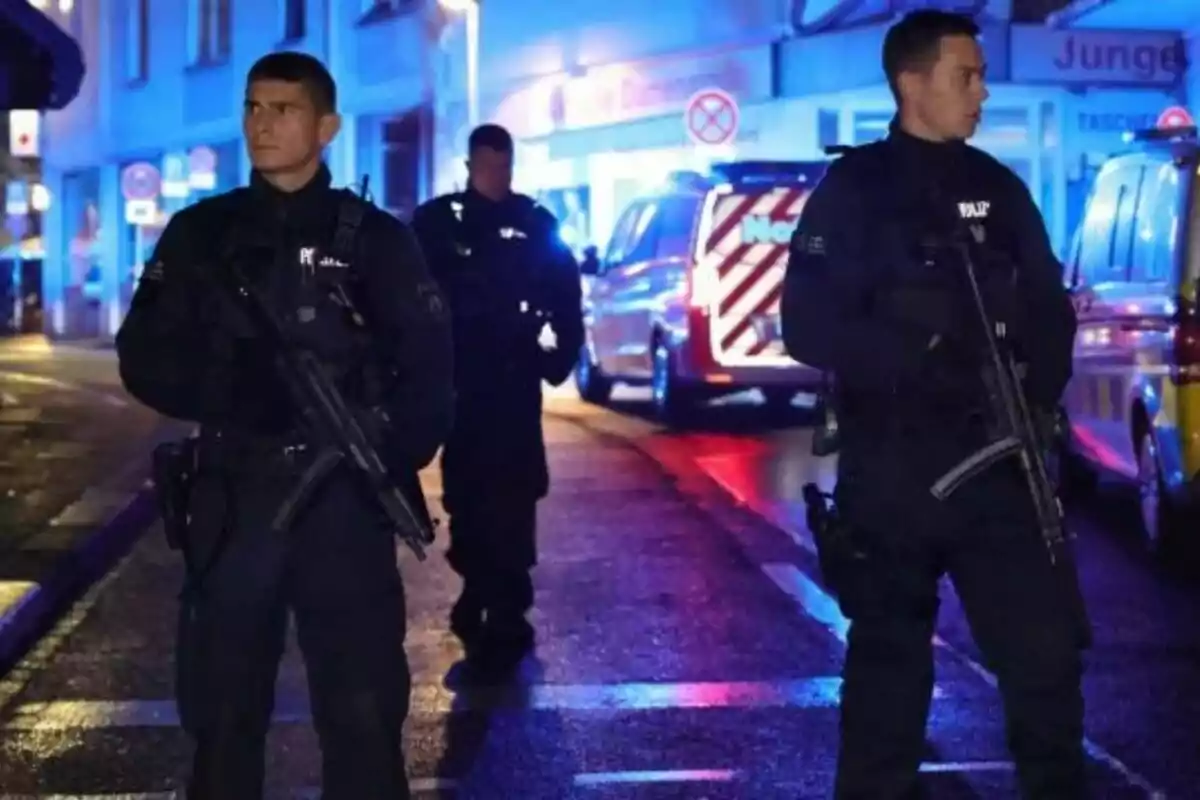
9 Arrested in One Week: Spain and Catalonia at War Against Jihad
The Fight Against Islamism Enters a New Stage, with Terrorists Becoming Younger and More Radicalized
The Guardia Civil carried out a new anti-jihadist operation in the heart of Barcelona yesterday, resulting in nine arrests. With these, there are now nine arrested in just one week for alleged links to Islamist terrorist organizations. This data shows an increase in jihadist activity in Spanish and Catalan territory, as well as an increase in police activity to confront them.

The fight against jihadism in Spain has entered a new phase. The police are fully engaged in an increasingly complex war, in which Islamist terrorism takes on increasingly heterogeneous forms and practices.
The Guardia Civil arrested a Moroccan last Thursday in Granada, accused of disseminating ISIS indoctrination and glorification videos. Yesterday, the Armed Institute arrested three members belonging to a logistical cell of Hezbollah. The terrorist threat therefore ranges from lone wolves to sleeper cells, from propaganda and indoctrination activities to the preparation of attacks.
What is evident is that the start of the war in the Middle East in October 2023, and the call for global jihad by Islamic leaders, has increased Islamist activity in Spanish territory. In 2023, there were 78 arrests in 36 operations, while in 2024, there were 81 arrests in 42 operations.
Year | Arrested | Operations |
2022 | 46 | 27 |
2023 | 78 | 36 |
2024 | 81 | 42 |
January-April 2025 | 46 | - |
Source: International Observatory of Terrorism
This 2025, there have already been 46 arrests, and it is on track to break the record since the year of the Ramblas and Cambrils attack in 2017. Experts have no doubt in considering that we are currently at war against Islamist terrorism.
Increasingly Younger and More Radicalized
Counter-terrorism efforts have changed in recent years. Large terrorist cells and mass attacks have been replaced by lone wolves carrying out smaller-scale attacks. This reduced the risk of large massacres but complicated the detection and neutralization of potential terrorists by intelligence and information services.
Suddenly, anyone with a car or a knife could cause a tragedy, and the work of indoctrination and propaganda began to gain more relevance. Recently, there has been a significant change. The detainees are increasingly younger and more radicalized.
Last year, 40% of the 81 detainees were under 25 years old, and 15 of them were minors. According to studies based on those arrested in recent years, the profile of the new jihadist is a young person between 16 and 25 years old, unemployed, and a follower of Daesh. The Spanish police show great concern because it indicates that jihad is succeeding among the younger population.
The other concern is the indoctrination of terrorists in war zones in the Middle East and their dispatch to Western countries to carry out attacks. Syria and Tajikistan are currently the main focus of Islamist terrorist training.
Catalonia, High-Risk Area
More than a third of the anti-jihadist operations carried out last year took place in Catalonia, and this year is on track for a record. It is not a coincidence. In Catalonia, governments have acted for years with complicity toward Islamism, allowing, for example, the proliferation of Salafist mosques where radical messages are disseminated with impunity.

On public television, terrorist organizations like Hamas and Hezbollah are systematically whitewashed, considered as "resistance groups." The left censors any criticism of Islamism as "Islamophobia," and parties like Junts propose Catalan courses for radical imams. The ground sown over the years is now bearing fruit.
In a few weeks, the police have dismantled a cell of ten Pakistanis who wanted to behead infidels, and another that supplied Hezbollah's military ranks. This shows the latent danger in Catalonia, where the possibility of a new attack is not ruled out.
More posts: